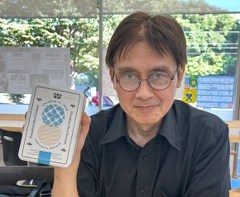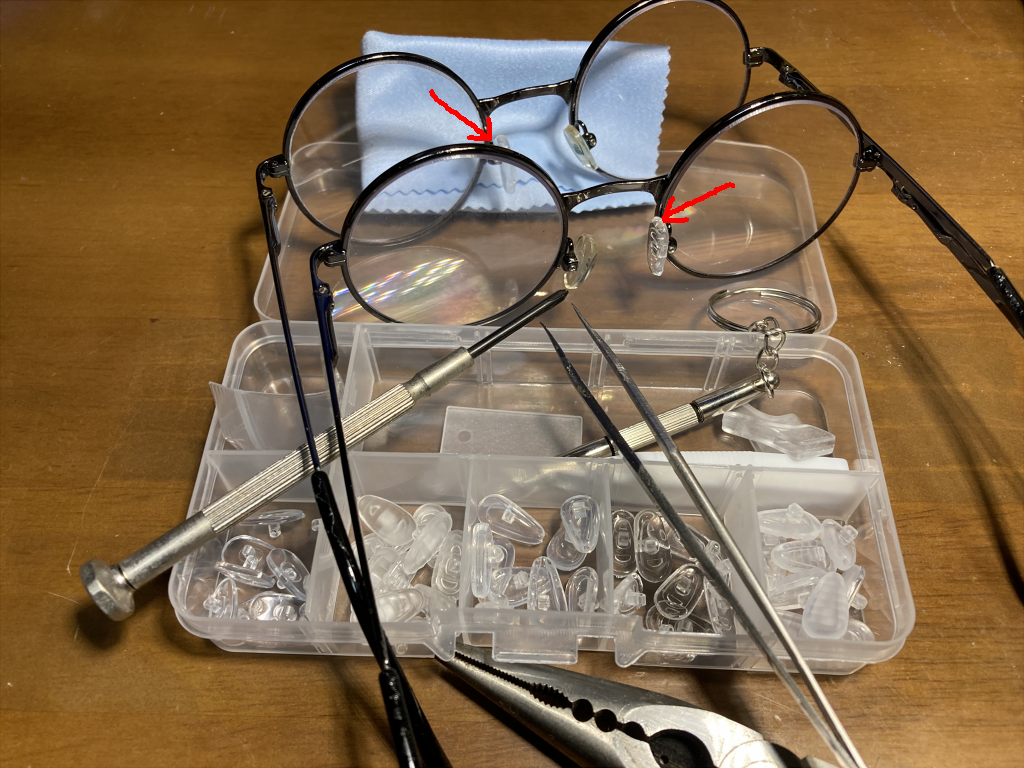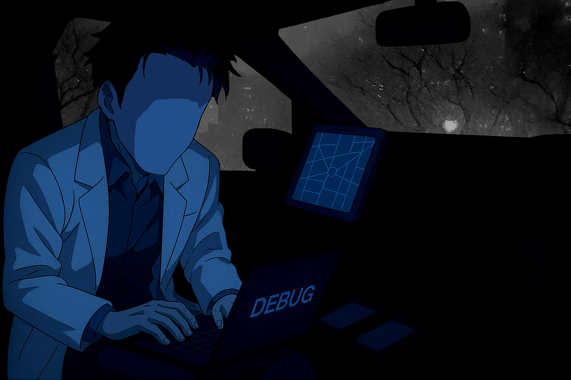「結婚はコスパが悪い」という見出しの記事がよく登場しています。
Articles with headlines claiming that “marriage has poor cost performance” appear frequently.
若者を「擁護」または「批判」のいずれかの観点で論じられていますが、もはや、その観点すら「陳腐」です。
They tend to discuss young people either by “defending” or “criticizing” them, but even that framing has already become trite.
ちょっと考えてみたのですが、そもそも「コスパが良いもの」って何だろう、というところから考え直してみました。
I gave it some thought and decided to reconsider the issue, starting from a more basic question: what exactly does it mean for something to be “cost-effective”?
-----
「コスパが良いもの」とは何でしょうか。支払ったコストに対して、得られるリターンが大きく、しかも安定して予測可能なもの、という定義になるでしょう。
What, then, is something that is “cost-effective”? It would likely be defined as something that yields a significant return relative to the cost paid and whose outcome can be predicted reliably.
しかし、この定義を人生の選択に当てはめた瞬間、話はおかしくなります。
However, the moment we apply this definition to life choices, the argument begins to fall apart.
なぜなら、人生における主要な選択――進学、就職、転職、結婚、子育て、介護――のいずれも、投入コストは事前に見積もれても、リターンはほぼ確実に予測不能だからです。
This is because for all major life decisions—education, employment, job changes, marriage, childrearing, caregiving—the costs can be estimated in advance, but the returns are almost certainly unpredictable.
結婚にしても同じです。
The same applies to marriage.
結婚によって得られる幸福や安定は、事前に数値化できませんし、再現性もありません。
The happiness or stability gained through marriage cannot be quantified beforehand, nor can it be reproduced reliably.
むしろ、予期せぬ負担や衝突、責任が増える構造を内包している、と言った方が正確でしょう。
If anything, it would be more accurate to say that marriage structurally contains an increase in unexpected burdens, conflicts, and responsibilities.
つまり、「結婚はコスパが悪い」という主張は、結婚だけを特別に切り出している点で、論理的にフェアではありません。
In other words, the claim that “marriage has poor cost performance” is not logically fair, because it singles out marriage alone.
-----
正確に言えば、「人生を構成するほぼすべての重要イベントは、コスパが悪い」のです。
To be precise, almost all important events that make up a human life are poor in terms of cost performance.
それでも人は、結婚し、子を持ち、誰かのために時間と労力を費やします。
Even so, people marry, have children, and devote time and effort to others.
それは、コスパという尺度が、人生の意思決定を測る物差しとして、決定的に不適合だからです。
That is because cost performance is fundamentally unsuited as a measure for life decisions.
コスパとは、本来「代替可能で、やらなくても困らない行為」に対して使う概念です。
Cost performance is, by nature, a concept meant for actions that are replaceable and non-essential.
スマホの機種選び、サブスクの解約、昼食の店選び。
Choosing a smartphone model, canceling a subscription, deciding where to eat lunch.
そうした「選ばなくても人生が続くもの」にしか、本質的には適用できません。
Essentially, it can only be applied to things that do not determine the continuation of one’s life.
人生の中核にある選択ほど、代替不能で、取り消し不能で、そして説明不能です。
The more central a choice is to one’s life, the more irreplaceable, irreversible, and indescribable it becomes.
それらをコスパで裁ろうとした時点で、議論の前提が崩れているのです。
The moment we try to judge such choices by cost performance, the very premise of the discussion collapses.
この議論を突き詰めていけば、つまるところ、
If we push this argument to its logical extreme,
―― 人生はコスパが悪い
— Life itself has poor cost performance.
に至るだろう、と思います。
That is where we inevitably arrive.
人生をコスパ良く生きたければ、今すぐ『人生を止める』が正解でしょう。
If one truly wanted to live life in a cost-effective way, the correct answer would be to stop living immediately.
とまあ、こんな風に問題を極論に展開して、汎化してウヤムヤにするのは、私の悪い癖です。
Turning an issue into an extreme argument, generalizing it, and then blurring it out like this is one of my bad habits.
だから、そういう語り方は、止めます。
So I will stop speaking about it in that way.
-----
実際のところ、私は「結婚のメリットは説明不能であり」、かつ「先人である既婚者は、結婚のメリットを言語化するのに、ことごとく失敗している」し、そして「結婚はデメリットで説明するのが、とても簡単である」という話をしてきました。
In reality, I have argued that the benefits of marriage are indescribable, and that married predecessors have almost universally failed to verbalize them. Marriage is effortless to explain in terms of its disadvantages.
つまり、人生のイベントにおいて、結婚は、かなり扱いやすい「題材」または「道具」なんですよね。
In that sense, among life events, marriage is a rather convenient “subject” or “tool” to handle.
どうも私には、「結婚はコスパが悪い」という言い回しが、ロジックのすりかえ、あるいは、キレイに整えすぎた抽象化に見えてしまいます。
To me, the phrase “marriage has poor cost performance” looks like a sleight of logic, or an overly polished abstraction.
はっきり言えばいい。
Let’s say it plainly.
(1)「結婚は難しい」
(1) “Marriage is difficult.”
いや、冗談抜きに、ちゃんと調べれば分かることですが、現代の結婚は、恐ろしく難しいのです。
No joking here—anyone who looks into it properly can see that marriage today is extremely difficult.
主に経済的要因が大きいのですが、その後に作られる人間関係の調整や維持を考えると、「1人で生きるのすら難しいのに、2人で生きることの難しさは半端ではない」ことは、思い込みではなく、構造的な事実だと思います。
Economic factors play a significant role, but when you consider the adjustment and maintenance of the human relationships that follow, the fact that “living alone is already difficult, so living as two is far more so” is not an assumption but a structural reality.
(2)「結婚は怖い」
(2) “Marriage is frightening.”
昔は「結婚しないことが怖い」でしたが、今や「結婚をする方が怖い」です。
In the past, it was frightening not to marry; now, it is more frightening to marry.
かつては、「結婚しないこと」は生存戦略に直結していました。結婚することで相互扶助が成立し、食料供給の担保がなされ、子どもという次世代の担い手を得る――結婚は一種の安全保障の枠組みだったのです。
In the past, not marrying was directly tied to survival strategy. Marriage established mutual support, secured a food supply, and produced children as the next generation of bearers—marriage functioned as a security framework.
ところが今は、その「結婚という安全保障の枠組み」は必須ではありません。率直に言えば、国家が相当な額の税を徴収する一方で、医療制度や社会保障制度は、国際比較で見ても、少なくとも先進国の中では相対的に手厚い部類に入ります。
Today, however, that “marriage-based security framework” is no longer essential. While the state collects substantial taxes, its healthcare and social security systems are, by international standards, relatively generous among developed countries.
ニュースでは制度の不備や、こぼれ落ちる人々が取り上げられていますが、それが「ニュースになる規模」に抑え込まれている、と見ることもできます。
The news highlights flaws in these systems and those who fall through the cracks, but it can also be seen that such cases are kept within a scale that remains “newsworthy.”
例えば、日本では毎日50~70人が自殺し、交通事故による死亡も平均すれば毎日7人前後は発生していますが、これらが日々のニュースとして逐一報じられることは多くありません。このような事象を数の相対論で語ることの是非については批判されてもよいと思いますが、これは事実です。
For example, in Japan, 50 to 70 people die by suicide every day, and traffic accidents claim around seven lives per day on average. Yet, these figures are not reported individually as daily news. One may criticize the validity of discussing such matters through numerical relativism, but these are facts.
そのような状況を鑑みれば、結婚とは、あえて不要なリスクを拾いにいく行為だ、と感じる人が増えるのも無理はありません。
Given this situation, it is understandable that more people feel marriage is an act of deliberately taking on unnecessary risk.
つまり結婚とは、「難しい」、そして「怖い」というだけの話だと思うのです。
In short, marriage is simply something that is “difficult” and “frightening.”
わざわざ「コスパ」などと言い換えなくても。
There is no need to rephrase it in terms of “cost performance.”
-----
だからこそ、結婚が「難しい」や「怖い」を超える、別方向の価値を、結婚を経験した人が説明しなければならないのですが、それが恐ろしく難しいのです――少なくとも、私はその試みに失敗しています。
That is precisely why those who have experienced marriage must explain the value that goes beyond “difficulty” and “fear,” but that task is challenging—at least, I have failed at it.
なぜなら、結婚は「難しい」と「怖い」の裏付けだけは、しっかり取れている、という現実があるからです。
This is because the evidence supporting marriage as “difficult” and “frightening” is firmly in place.
まあ、だからこの問題は、「打つ手なし」で行くしかないのだろう、と本気で思っています。
So, I seriously think that this problem may be one with “no effective solution.”
-----
野党の国会議員
Opposition lawmaker
「総理。総理は昨今の少子化問題に対して、本気で取り組んでいるのですか。この“成果のなさ”は一体なんですか!」
“Prime Minister, are you truly addressing the recent declining birthrate issue? What is the reason for this complete lack of results?”
総理
Prime Minister
「率直に言えば、『打つ手なし』が正直な感想です」
“To be honest, my candid impression is that there is no effective solution.”
と言えれば、総理大臣もラクだろうなぁ、と思うのですが――もちろん、そんなことは言えないでしょう。
If a prime minister could say that, life would be much easier—but of course, such a statement would never be allowed.
(内閣が倒れます)
(The cabinet would collapse.)


![[Aquafix] メガネ鼻パッド シリコン製 メガネ修理キット 眼鏡 鼻あて 交換セット ドライバー ネジ クロス ピンセット ケース 付き パッド跡軽減 メガネずり落ち防止 ズレ防止](https://m.media-amazon.com/images/I/71PiTM1AR-L._AC_SX522_.jpg)




